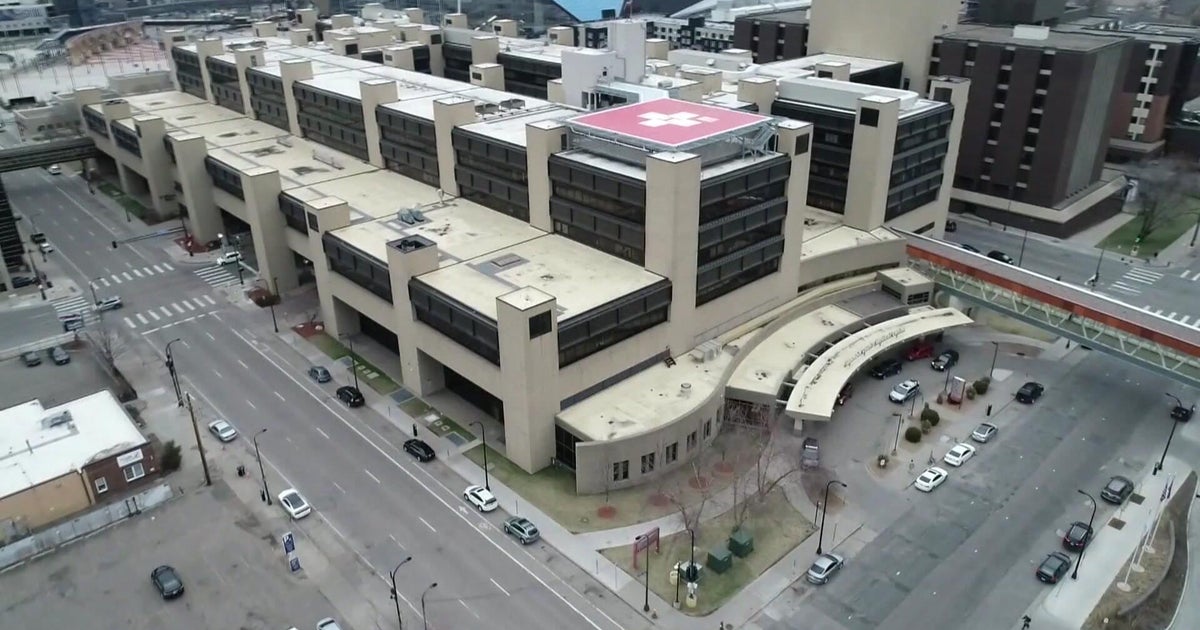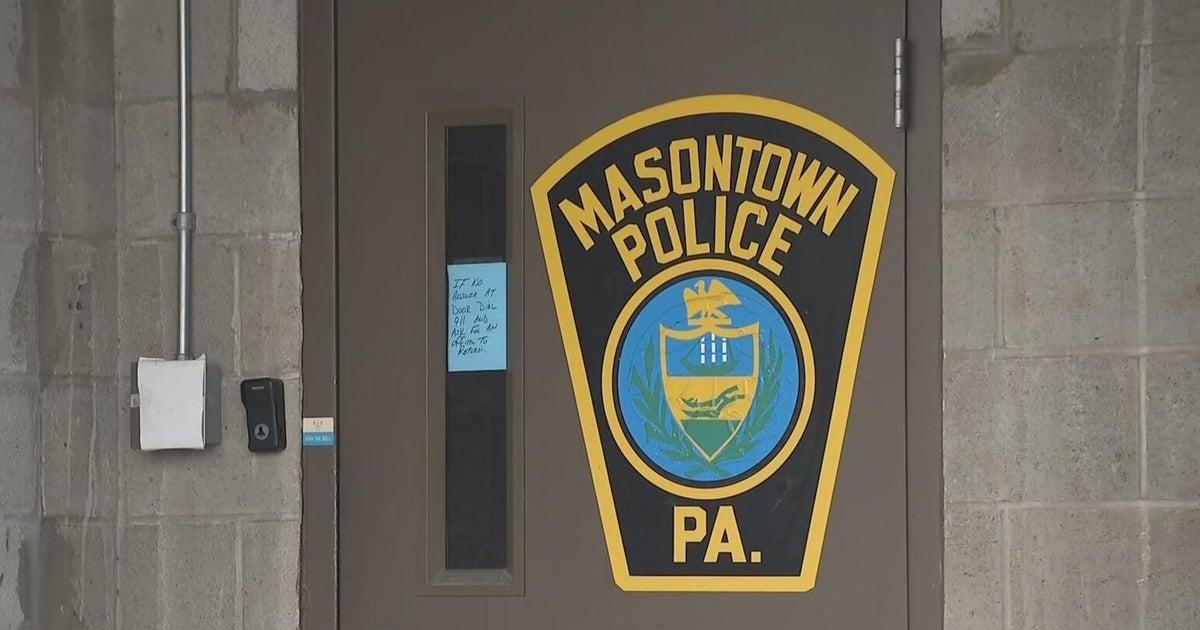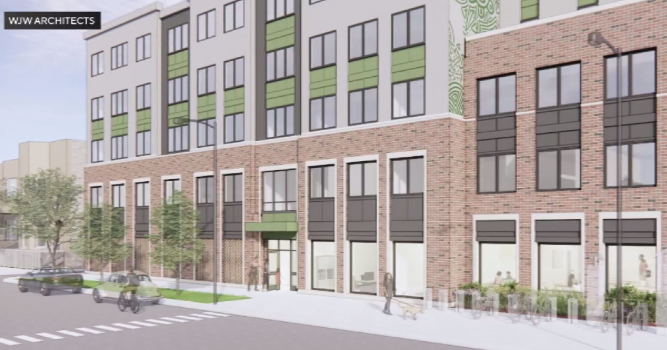Minn. Lawmakers Weigh Medicaid Expansion
ST. PAUL, Minn. (AP) — More than 35,000 low-income Minnesota residents moved closer Monday to becoming eligible for a subsidized health insurance program, part of a state buy-in to the controversial new federal health care law.
The Democratic-led state House voted 71-56 to approve an expansion of the state's Medical Assistance program and take advantage of a federal promise to send billions to cover the full cost of the new enrollees for a few years. The proposed change to the Minnesota version of Medicaid now heads to a Democratic-controlled Senate, which could act on it later this week. Gov. Mark Dayton, also a Democrat, said he supports the bill.
Unlike states under GOP rule, Minnesota's government has lined up behind President Barack Obama's signature health law. It is also developing a state-based health insurance exchange that will allow people to comparison shop for their insurance, particularly if they don't get it through an employer.
But even in states with Republican governors, some are endorsing the Medicaid expansion as a way to ease budget pressures while getting health coverage for more of their residents.
The broadened access to Medical Assistance comes by adjusting income limits for the program. Under the bill, people with incomes slightly above the federal poverty guidelines would qualify for coverage. For a childless adult, that means moving the income cutoff limit to about $15,300 a year instead of the present $11,500 earnings limit.
Medical Assistance now serves more than 733,000 people in the state.
Some people now enrolled in the premium-based MinnesotaCare program for the working poor would be shifted into Medical Assistance, which doesn't require participants to pay. MinnesotaCare has more restrictions on what gets reimbursed — annual hospital costs are capped at $10,000, for instance — that make it less attractive for providers to serve those patients.
Rep. Thomas Huntley, DFL-Duluth, said Minnesota can't afford to pass on the expansion.
"Your doctors, your hospitals will be getting a lot more money because of this bill," Huntley said.
The federal government has said it would cover 100 percent of the costs of the most new enrollees until 2016. The state would have to pay a portion beginning in 2017. By 2020, the state's share would be 10 percent of the costs.
But Republicans raised worries that the debt-laden federal government would renege on its payment pledge.
"We have a track record of being sucked into this by the federal government and then being handed the bill," said Republican Rep. Steve Drazkowski of Mazeppa, who cited a long-unfulfilled promise by Congress to pick up the bulk of special education costs.
The GOP tried unsuccessfully to back out if the federal government ever drops its contribution for Medical Assistance patient costs below 50 percent, which is the standard rate now.
Rep. Glenn Gruenhagen, R-Glencoe, objected on philosophical grounds.
"We know with federal funding comes federal micromanagement of what we do here," he said.
The bill has the backing of the state's major business groups, labor unions and medical associations.
(© Copyright 2013 The Associated Press. All Rights Reserved. This material may not be published, broadcast, rewritten or redistributed.)







